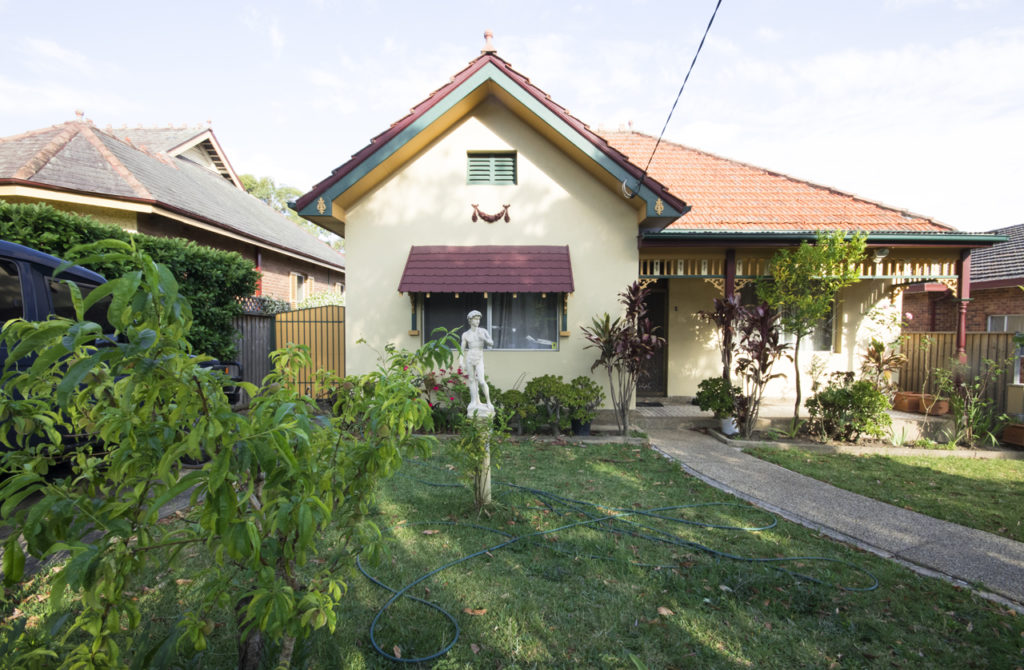Last month I presented a paper on gardens and transculturation at the conference Living Transcultural Spaces, organised by Co.As.It in Melbourne.

The presentation is available on the conference YouTube channel here, and this is the abstract:
Gardens have been identified as significant locations of place-making and environmental negotiation for migrant communities in Australia. Gardens are seen as sites where people can recreate cultural and aesthetic practices, and at the same time add to the cultural diversity of the urban landscape. Yet more nuanced understandings of Italian gardens still need to be developed. In this paper I explore ways we can think about gardening practices from a transcultural point of view, as contact zones between different orders of things. I ask the questions: what happens when plants travel from one country to another? What cultural and social practices they carry, and what cultural and social practices they engender in their travels? What happens, for instance, in the encounter of migration, vernacular knowledge, and local ecologies? I explore these questions presenting examples of Italian gardening practices from historical records, contemporary documentaries and ethnographies. I argue that far from being a recreation of ‘Italian’ cultural landscapes, diaspora gardens need to be considered as a practice of constant negotiation and reinvention between humans and plants.

0 Comments